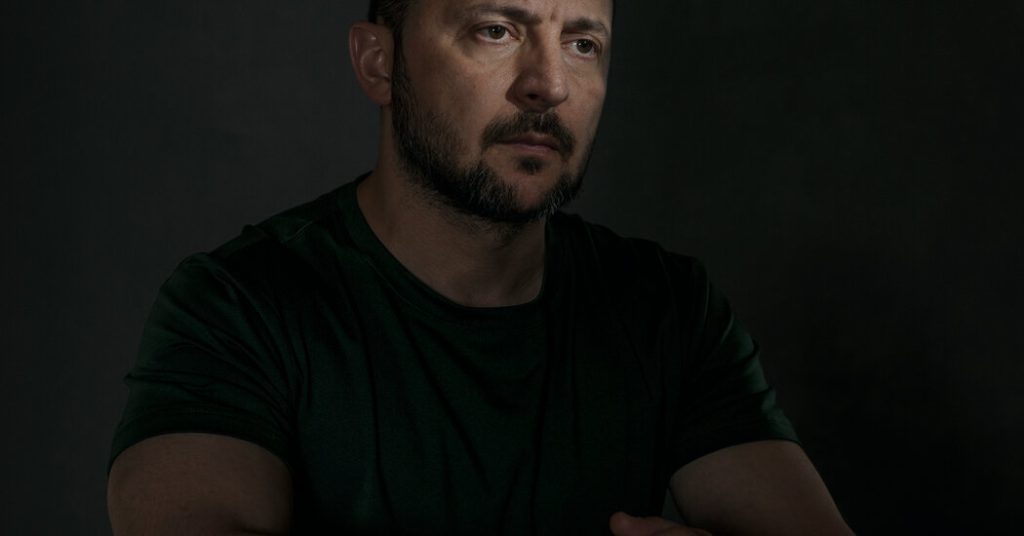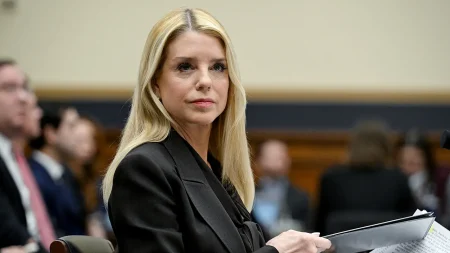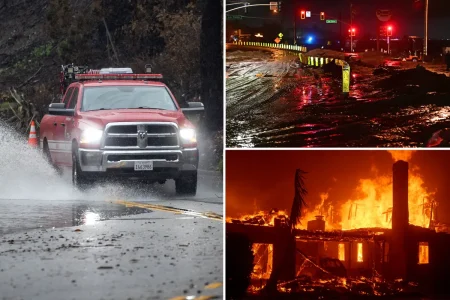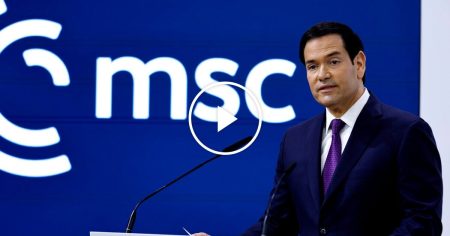The past three years have been nothing short of a whirlwind for Ukrainian President Volodymyr Zelensky. Since Russia launched its full-scale invasion in 2022, Zelensky has faced challenges that would test the mettle of any leader: a military siege on Kyiv, attempts on his life, internal corruption scandals, political rivalries, and the daunting ups and downs of Ukraine’s war effort. Through it all, the Ukrainian people largely stood by him, propelling him to a status of near-heroic proportions at the start of the conflict. Yet, as time has passed and the war grinds on, a new test has emerged for Zelensky — one that intertwines local politics and international diplomacy and threatens to reshape both his leadership and Ukraine’s precarious future.
### From 90% to 50%: The Waning Glow of Early Popularity
At the outset of the war, Zelensky galvanized his country and the global community with his nightly video updates and steadfast appeal for unity. He became a symbol of resistance, embodying Ukraine’s defiance against Russian aggression. His poll numbers soared, with his approval rating peaking at an unprecedented 90%. This image of a determined wartime president captured hearts both at home and abroad.
But war is an unyielding weight, and it has begun to wear down Zelensky’s shine. Obstacles on the battlefield, coupled with ongoing struggles in governance and the persistent strain of war, have pushed his approval ratings to wavering territory — falling close to 50% in recent polls. While a slim majority of Ukrainians still trust him according to a survey by the Kyiv International Institute of Sociology, the cracks are showing. When posed with hypothetical election matchups, Zelensky’s position becomes even more precarious, trailing behind potential competitors like former military commander Valery Zaluzhny, who is now serving as Ukraine’s ambassador to Britain.
One lingering question looms large: if the war were to subside and elections became feasible, would Zelensky’s past accomplishments be enough to secure his political future? That debate is fueling momentum in Ukraine’s opposition, setting the stage for a more pluralistic — and contested — political landscape.
### An Opposition Reawakens
While some may argue a united front is essential in wartime, a growing chorus within Ukrainian politics suggests that greater pluralism could actually bolster the national effort. Oleksiy Goncharenko, a member of the opposition European Solidarity Party, asserted that Zelensky too often takes a “one-man show” approach, cloistering himself among loyal aides and ignoring opposition voices. “We are not Russia,” Goncharenko stressed, invoking the democratic ideals Ukraine is fighting to protect.
This renewed opposition isn’t just restricted to local grievances. Key figures from Ukraine’s political past — including Zelensky’s 2019 presidential rivals, former President Petro Poroshenko and former Prime Minister Yulia Tymoshenko — are making moves to position themselves for a post-war Ukraine. Poroshenko, for instance, has been actively nurturing ties with U.S. political leaders aligned with Trump, a strategic effort that could amplify his voice in the evolving political canon.
Yet despite these undercurrents of opposition, no elections can legally be held in Ukraine while martial law remains in effect. Parliament, which first imposed martial law at the beginning of the Russian invasion, has extended it through periodic votes. The logistical and ethical challenges of conducting an election amidst ongoing conflict — such as missile attacks, occupied territories, and millions of displaced citizens — remain insurmountable for now.
### Trump’s Return to the White House: A Diplomatic Jigsaw Puzzle
Far removed from Ukraine, another seismic shift in global politics has landed on Zelensky’s desk: Donald J. Trump’s return to the White House. For Ukraine, securing U.S. backing is non-negotiable. The billions in American military aid have been indispensable to Ukraine’s fight against Russia. But Trump, famously skeptical of foreign aid and with a history of disdain for Zelensky, does not present an easy ally.
In Trump’s world, Zelensky is a paradox. At a recent rally, Trump called him “the greatest salesman in history” — ostensibly a jab at Zelensky’s ability to secure vast sums of military funding — but others interpreted it as an inadvertent compliment. Trump has also offered surprising critiques of Russian President Vladimir Putin, calling the war a mistake that is “destroying Russia.” This mixed messaging emphasizes the high-stakes challenge confronting Zelensky: how to maintain a working relationship with Trump while not losing sight of Ukraine’s most pressing needs.
Zelensky’s team is already working behind the scenes to address this. Quiet diplomatic overtures include high-level meetings between his aides and Trump-aligned policymakers, such as incoming national security adviser Michael Waltz. There’s even been “brainstorming” around soft power strategies, like potentially acquiring the Ukrainian language rights to former First Lady Melania Trump’s book as a way to win favor. These efforts underscore how much Ukrainian officials understand the delicacy of their position — they need Trump, even if that means treading carefully.
### Shadows of Delegitimization
All of this political maneuvering, both on the international stage and at home, risks undermining Zelensky’s standing as commander in chief. Anton Hrushetskyi, executive director of the Kyiv International Institute of Sociology, issued a stark warning about the potential consequences of diminished public trust. “It is hardly worth explaining further what disasters can happen in the event of delegitimization and collapse in control,” Hrushetskyi noted, alluding to the potential fallout on both leadership and military strategy.
Indeed, the whispers of skepticism developing around Zelensky’s war leadership carry more than just political implications. They directly impact the unity and willingness of Ukrainians to rally behind their leader. As the war stretches into its third year, the resilience of Ukraine’s democracy could be tested even further — not least because actual democratic processes, including elections, remain on hold.
### The Future of Zelensky and Ukraine’s Leadership
What becomes of Zelensky’s leadership during and after the war may well determine Ukraine’s trajectory. Opposing factions within the country remain hopeful about shaping the post-war political environment, some taking advantage of international connections to lay the groundwork. Poroshenko’s attempts to build ties with Trump-affiliated figures, like posting about hallway interactions with Michael Waltz, exemplify the subtle chess moves of Ukraine’s political players.
Others, however, criticize this as mere self-promotion. Oleksandr Merezhko of Zelensky’s Servant of the People party insists that much of the opposition’s outreach is focused on “political PR.” Yet even members of Zelensky’s camp recognize that diplomacy with Trump-aligned figures is a necessity. Merezhko himself went so far as to nominate Trump for a Nobel Peace Prize, highlighting that Ukraine’s leaders are using every tool in the diplomatic toolbox — however unconventional — to secure their nation’s survival.
### A Balancing Act with No Easy Solutions
As the narrative of Ukraine’s struggle unfolds, Zelensky remains at its center. He carries the weight of both leading his country at a time of war and navigating the shifting sands of international alliances. His ability to manage these pressures — amid waning popularity, an emboldened opposition, and an unpredictable Trump administration — will undoubtedly shape Ukraine’s political landscape for years to come.
For now, the mission remains survival. But as the war trudges on with no clear end in sight, the questions only grow more complex: Will Zelensky remain the unifying figure Ukraine rallies around? Or will the forces of opposition and international diplomacy usher in a new era of leadership? Whatever happens, both Zelensky and Ukraine are living a story that feels as much about preserving democracy as it does about winning a war.










